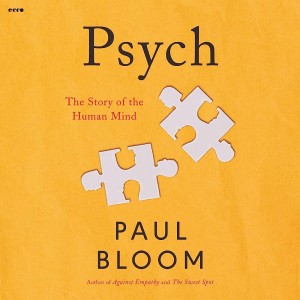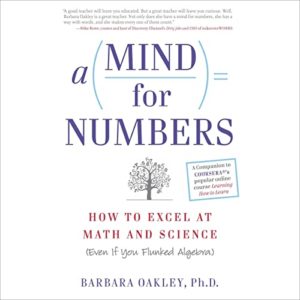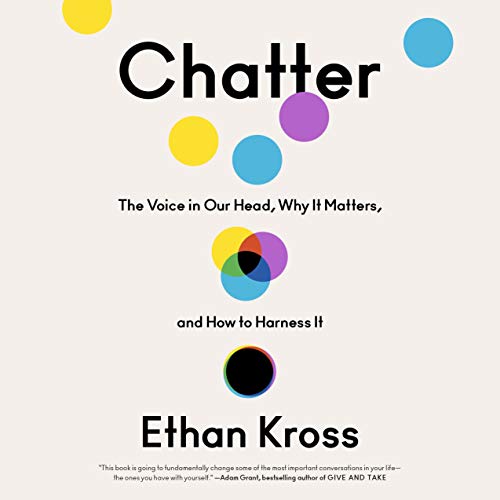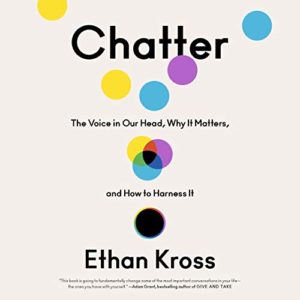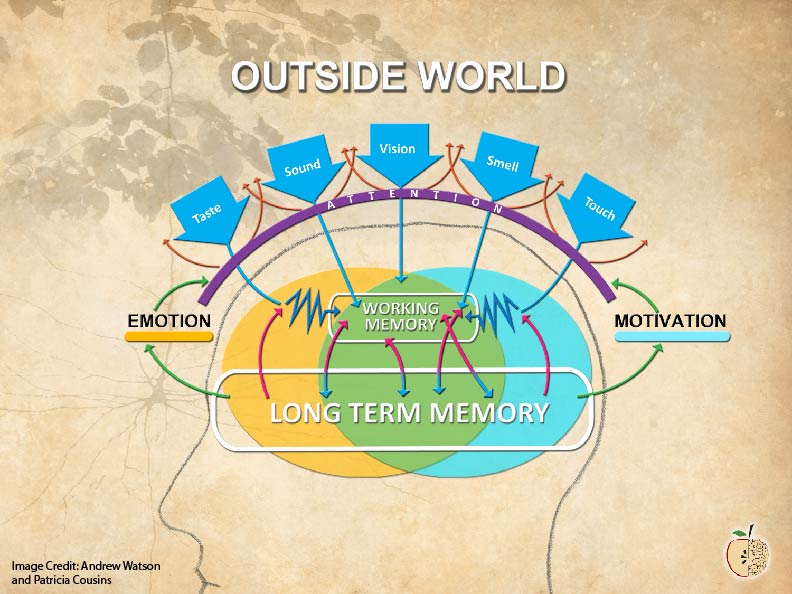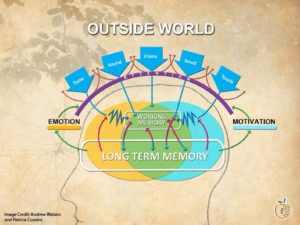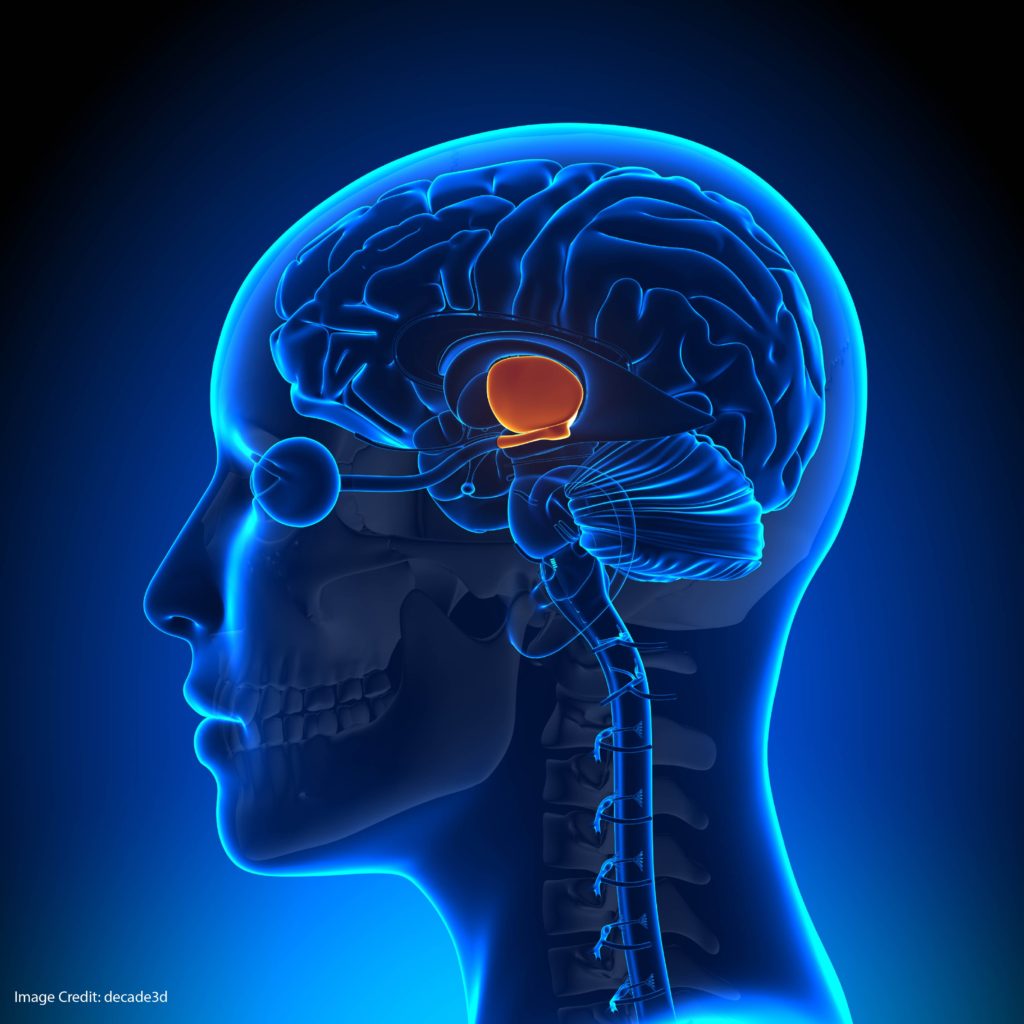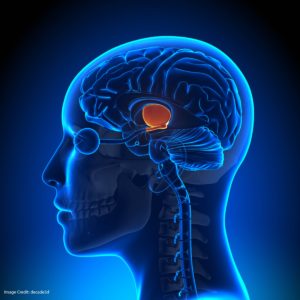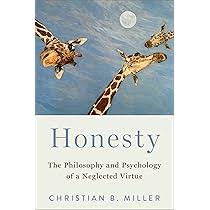 At first glance, honesty might seem like a straightforward, even mundane topic. When I picked up Honesty: the Philosophy and Psychology of a Neglected Virtue, I wasn’t expecting much—the title suggested a dry, philosophical dive into a concept we all assume we understand. Isn’t honesty just common sense? But from the opening chapter, the author, Christian Miller, intrigued me and continually pulled me deeper. The complications and questions offered important challenge at the individual and societal level. The author masterfully introduces honesty not merely as telling the truth but as a profound and complex character trait—an enduring virtue that influences how we think, feel, and act. What starts as a critique of common assumptions grows into a refined and compelling argument, presenting honesty as an “honest disposition”—a trait defined by consistency across different contexts. Eventually settling in as honesty perhaps as a mixed trait. This nuanced perspective elevates the discussion, moving beyond surface-level ideas to explore the motivations, reasoning, and inner consistency required to truly embody honesty as a virtue.
At first glance, honesty might seem like a straightforward, even mundane topic. When I picked up Honesty: the Philosophy and Psychology of a Neglected Virtue, I wasn’t expecting much—the title suggested a dry, philosophical dive into a concept we all assume we understand. Isn’t honesty just common sense? But from the opening chapter, the author, Christian Miller, intrigued me and continually pulled me deeper. The complications and questions offered important challenge at the individual and societal level. The author masterfully introduces honesty not merely as telling the truth but as a profound and complex character trait—an enduring virtue that influences how we think, feel, and act. What starts as a critique of common assumptions grows into a refined and compelling argument, presenting honesty as an “honest disposition”—a trait defined by consistency across different contexts. Eventually settling in as honesty perhaps as a mixed trait. This nuanced perspective elevates the discussion, moving beyond surface-level ideas to explore the motivations, reasoning, and inner consistency required to truly embody honesty as a virtue.
The first half of the book dives into the philosophical and psychological underpinnings of honesty. One section raises compelling questions about whether acting against what one perceives as morally right could also be considered dishonest. Another challenges traditional models of practical wisdom, questioning its necessity as a distinct trait for other virtues. These discussions are enriched with insights into the motivations behind honest actions—such as friendship, caring, justice, and duty—demonstrating how honesty transcends mere self-interest.
Through this exploration of honesty, the book offers a detailed examination of vices of dishonesty. It highlights how dishonesty manifests in everyday life through behaviors like lying, cheating, stealing, promise-breaking, and self-deception. Each vice has a corresponding virtue, such as truthfulness and respectfulness, which collectively frame honesty as a higher-level virtue. A unifying theme emerges: honesty involves resisting the intentional distortion of facts as we perceive them. This definition evolves throughout the book, as the author refines their argument by presenting premises and challenging them with thought-provoking examples.
The second half of the book takes a more empirical turn, exploring psychological studies on lying, cheating, and related behaviors. While the author notes a surprising lack of research on some facets of honesty, such as promise-breaking and stealing, studies on lying and cheating offer valuable insights. These range from participants reflecting on their everyday dishonest behaviors to controlled experiments involving vignettes or games where cheating and misleading are possible. While these studies don’t provide a complete picture, they shed light on how honesty and dishonesty play out in different situations and how individual dispositions influence these behaviors.
One of the book’s most striking conclusions is that most people do not fully embody either virtue or vice but instead exhibit “mixed character” traits, existing somewhere between honesty and dishonesty. These mixed traits reflect a blend of beliefs and desires that lead to inconsistent yet predictable behavior across situations. For example, a person might believe cheating is wrong but still feel tempted to cheat to avoid failure. Such traits are neither wholly virtuous nor wholly vicious but lie on a spectrum, varying in degree and evolving over time. This perspective moves beyond traditional virtue/vice labels, offering a more realistic understanding of human character.
The book also addresses how external situations can either enhance or suppress the application of honesty as a character trait. It acknowledges the significant gap between our current character and the ideal, emphasizing the importance of aligning thoughts, feelings, motivations, and actions to avoid distorting reality. The author suggests practical ways to cultivate honesty, such as reducing the temptation to cheat, minimizing our inclination to present a dishonest image to others, and fostering self-reflection and honest self-assessment.
Additionally, the book grapples with the complexities of moral decision-making, recognizing that virtues do not always align seamlessly. Honesty can sometimes conflict with other moral priorities, and this tension—along with the acknowledgment of human imperfections—makes the book relatable and profoundly thought-provoking.
In today’s world, where the rapid spread of misinformation tests our commitment to honesty, this book’s insights feel especially timely. It challenges readers to think deeply about how they consume and deliver information, urging us to reflect on the broader implications of honesty in our lives.
Honesty offers a rich, multi-dimensional exploration of this often-overlooked virtue. By blending philosophy, psychology, and empirical research, it provides a compelling framework for understanding and cultivating honesty. Whether you’re interested in moral philosophy, psychology, or personal growth, this book is a thought-provoking and rewarding read that will leave you reflecting long after the final page.



